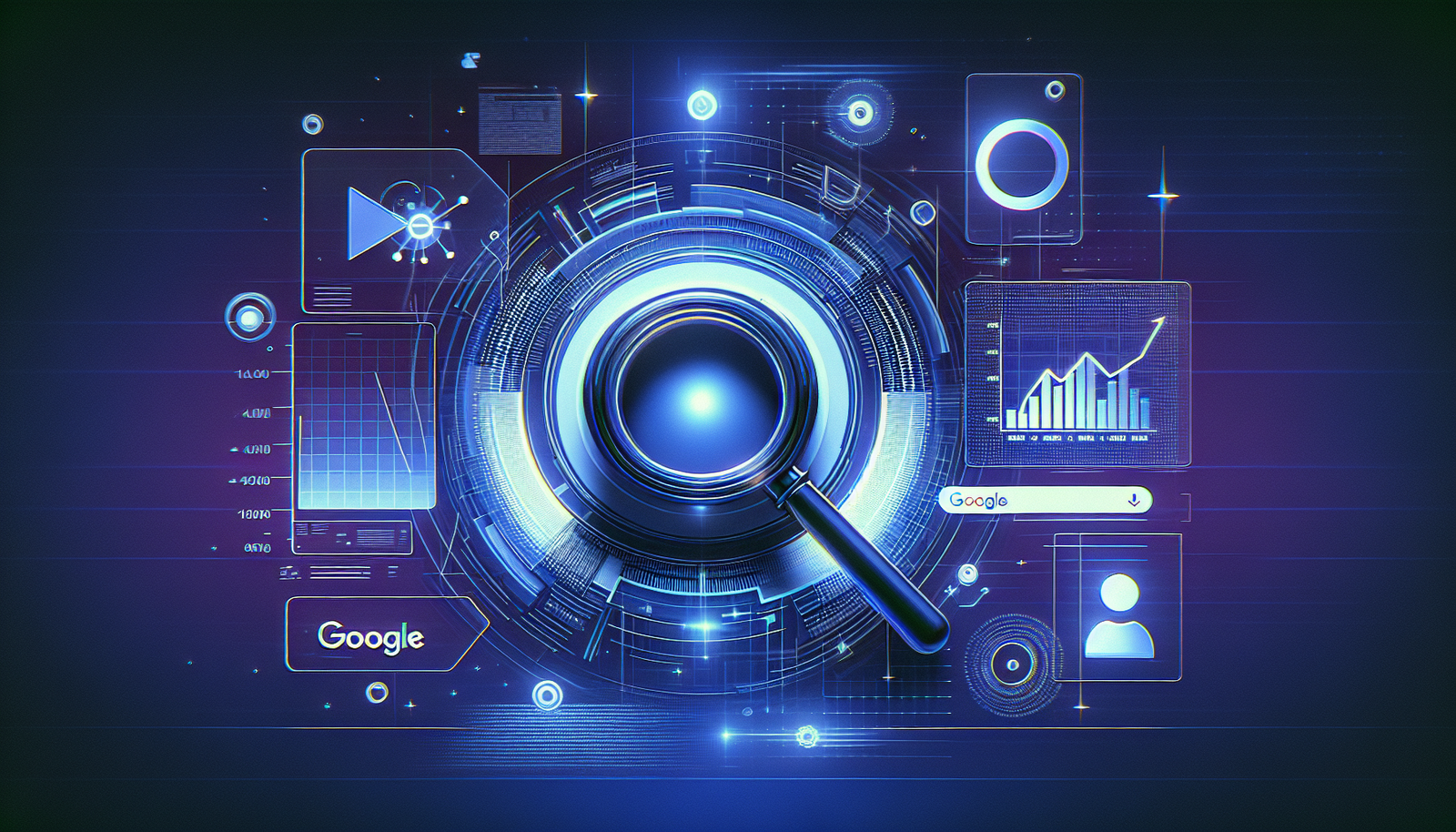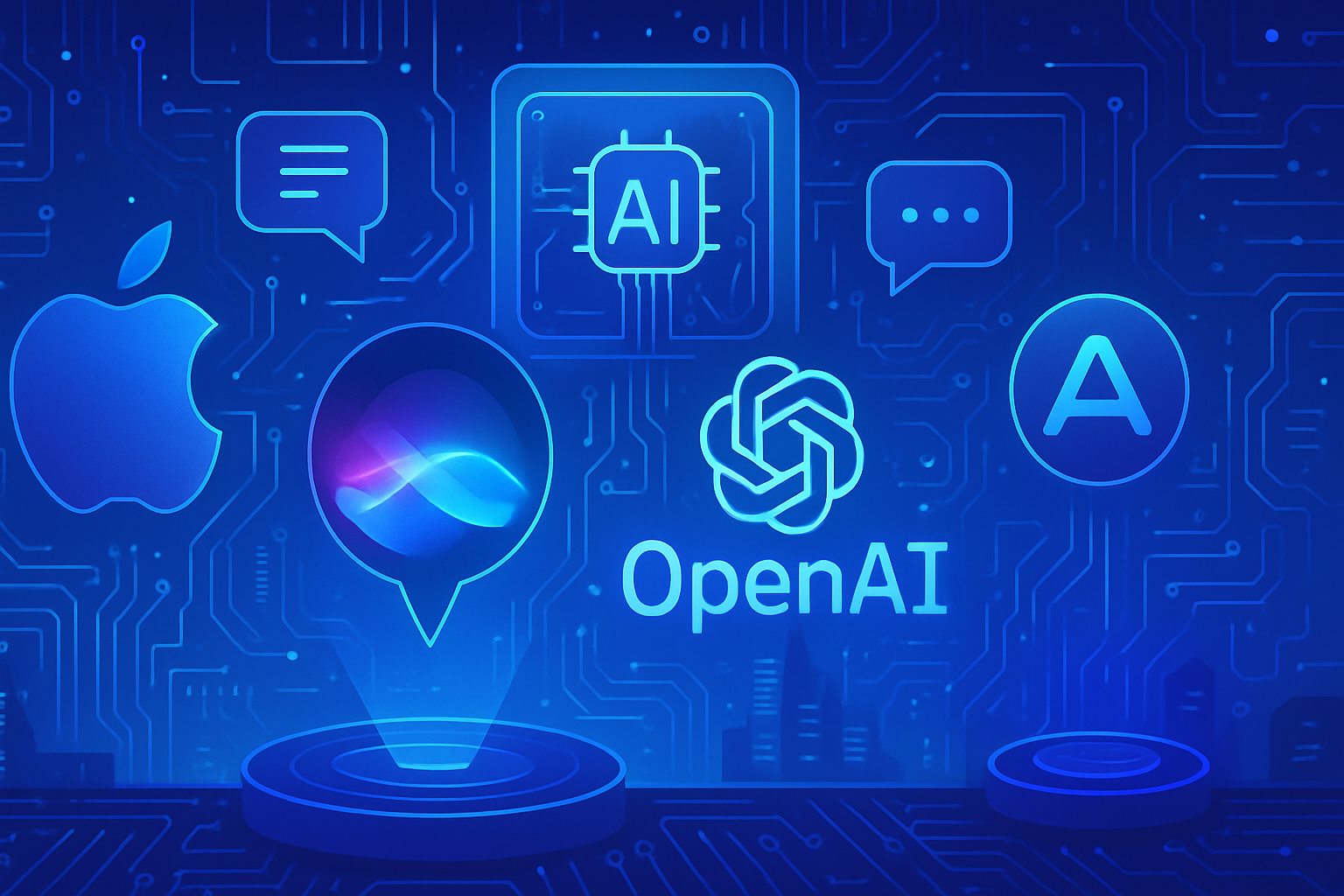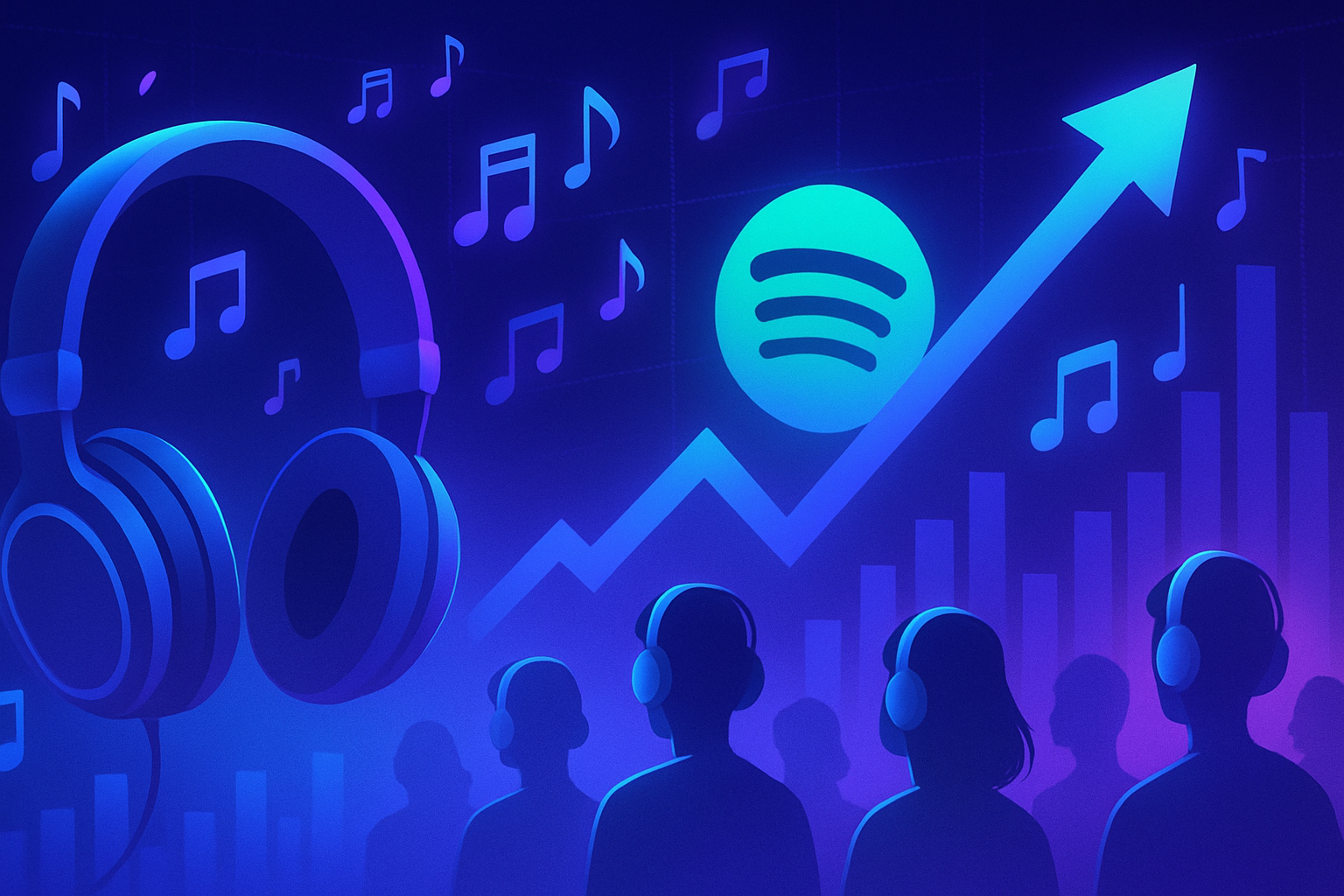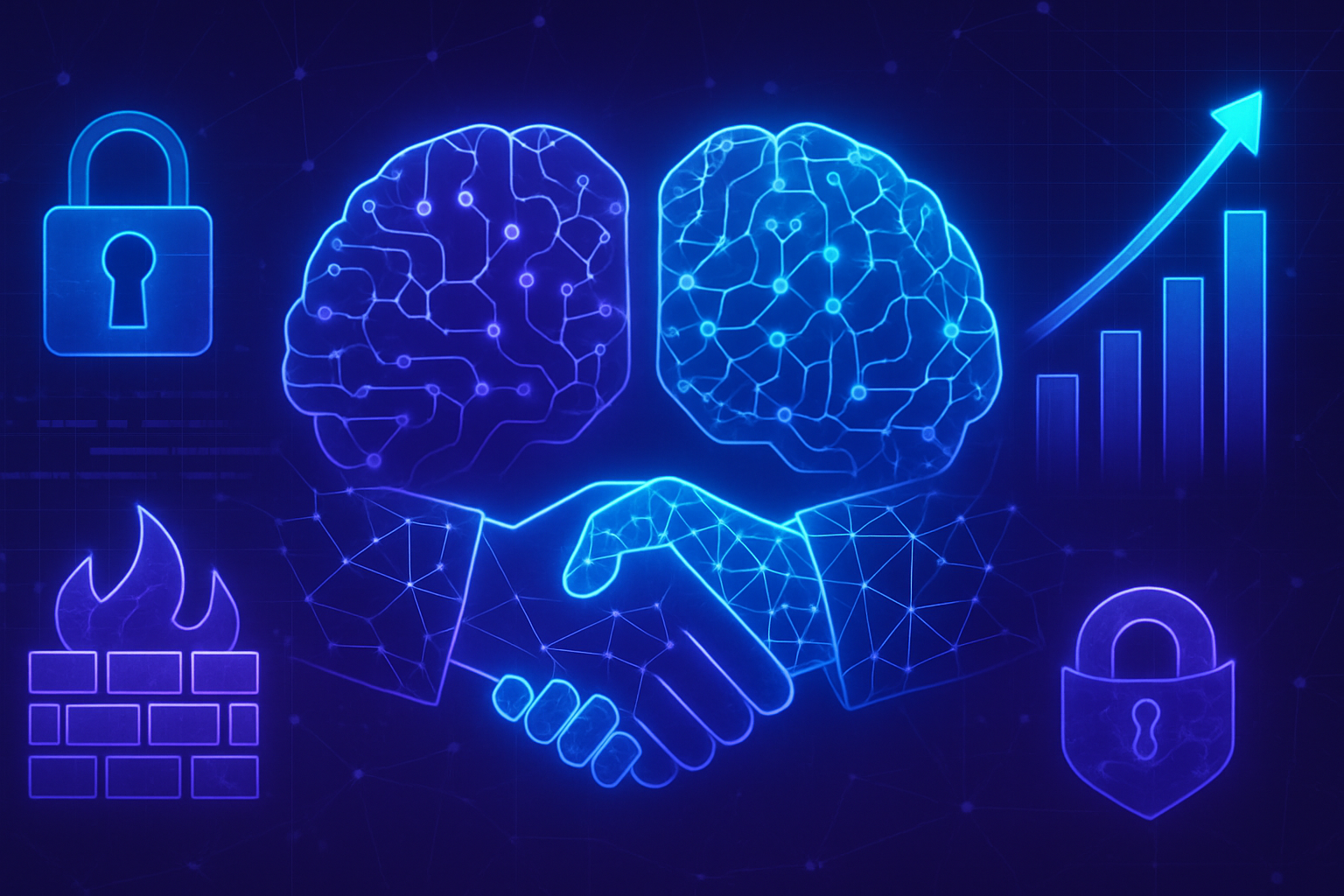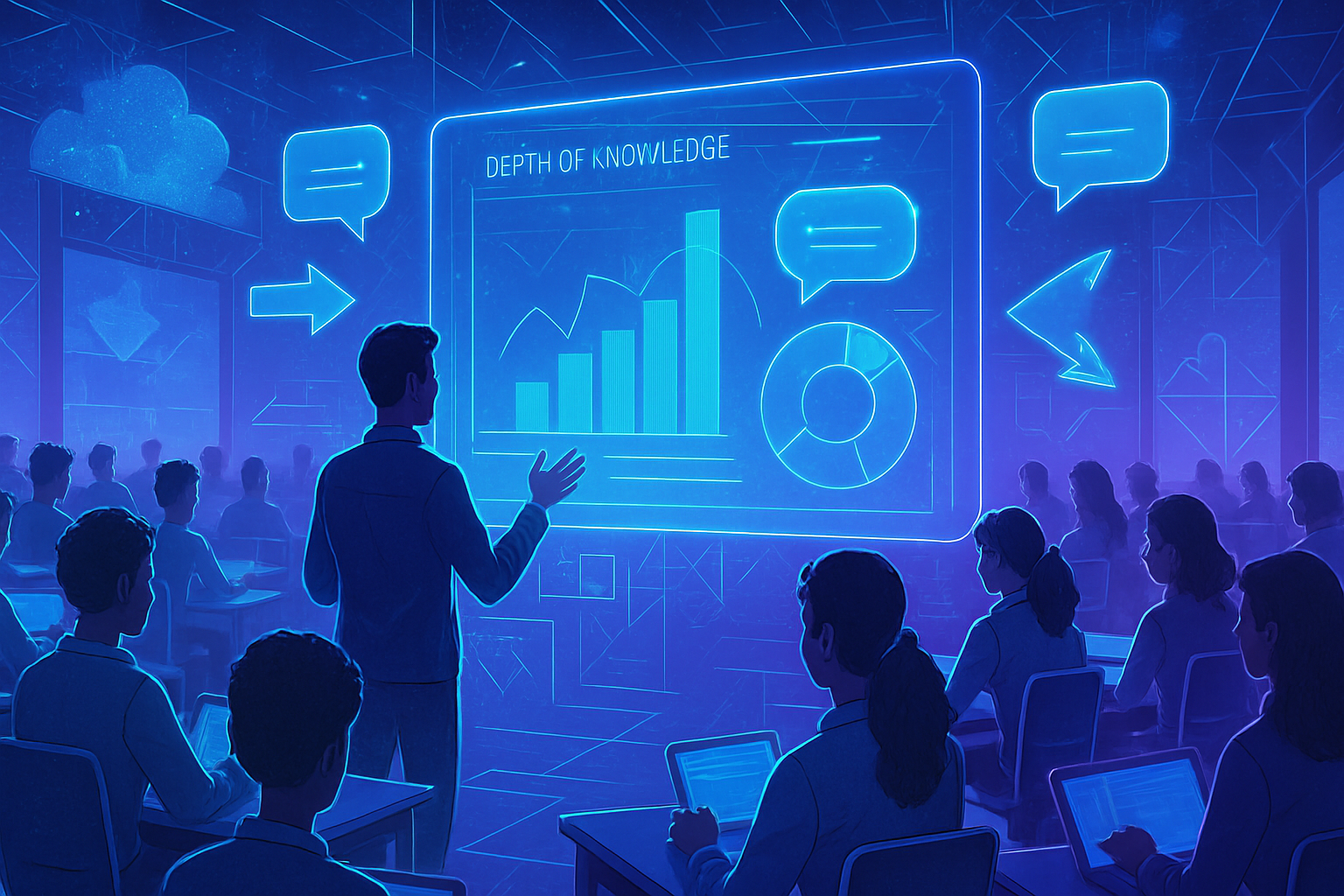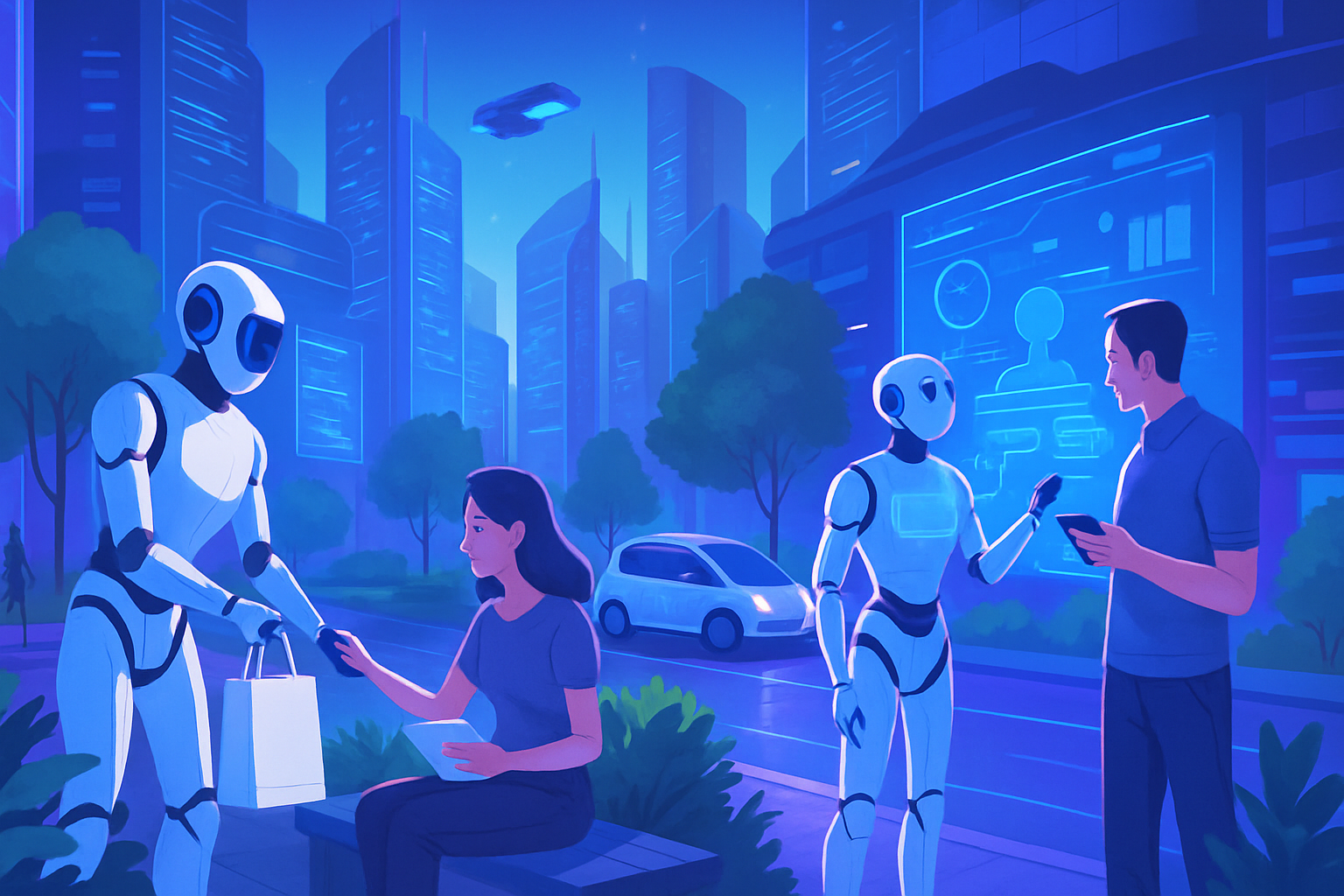The meteoric rise of ChatGPT Search is causing palpable excitement in the tech field. With over 41 million users, this innovation from OpenAI is redrawing the competitive landscape of search engines. The ascent of this generational platform calls into question the sustainability of the Google monopoly, long considered unshakeable.
User results highlight issues of trust and efficiency. The lines between tradition and innovation are becoming blurred. Google’s precarious position in the face of this new reality shakes established beliefs. The implications of this change extend far beyond mere numbers.
ChatGPT Search: Rapid Growth of Users
ChatGPT Search has crossed the threshold of 41.3 million monthly users in Europe. This growth is particularly significant compared to the 30.1 million recorded previously. The search model designed by OpenAI has generated remarkable enthusiasm, raising concerns among historical players such as Google. Recent reports from OpenAI Ireland Limited indicate that this upward trend is firmly maintained, shedding light on the changing preferences of users.
A Change in the Search Engine Landscape
Figures reported by Statista reveal that Google retains a significant lead over its competitors like Bing. However, its usage share could diminish as ChatGPT Search gains popularity. This shift from a document-based model to real-time generated responses marks a significant milestone. This new tool has been perceived as a declaration of war against Google’s monopoly in the online search sector.
Growing Trust in ChatGPT
A recent study published by Fortune highlights the shift in user trust. Approximately 8% of users expressed greater trust in ChatGPT compared to Google. Although these figures may seem modest, they signal a potential danger for Google, especially at a time when the search for more efficient innovations and tools is at its peak. Historical players must double their efforts to remain competitive in the face of this upheaval.
Credibility Challenges for ChatGPT Search
Despite this impressive growth, research indicates gaps in the reliability of ChatGPT Search. An analytical study conducted by Ars Technica revealed an error rate of 67% concerning articles provided by OpenAI. This revelation raises concerns about the quality of the results obtained. The responses given by ChatGPT Search regarding current events have also proven to be less reliable, raising questions about its effectiveness in answering real-time queries.
Upcoming updates planned for ChatGPT Search may address these shortcomings. However, their ability to compensate for significant errors remains to be proven. Google, already criticized for its lag in the field of artificial intelligence, has not spared any innovations. Recent announcements regarding Google Gemini hint at innovative solutions that could counterbalance the rise of ChatGPT Search.
Implications for the Future of Online Search
As ChatGPT Search continues to attract an increasing number of users, Google’s future in the search field appears uncertain. The observation is clear: the dynamics are changing. The necessity for Google to reform and adopt advanced technologies is palpable. The future developments of both players could define the landscape of online search for years to come.
Through this transformation, the question remains: Will Google be able to adapt sufficiently to maintain its dominant position in the search engine market, or should we expect a new era dominated by alternatives like ChatGPT Search? This debate will continue to shape discussions around technological innovations and the reliability of the information provided by these tools.
Frequently Asked Questions about ChatGPT Search and Google
What are the implications of the increase in ChatGPT Search users for Google?
The increase in ChatGPT Search users, which has reached over 41 million, indicates a growing preference for real-time generated responses, posing a significant challenge to Google’s monopoly in the online search market.
What distinguishes ChatGPT Search from Google in information retrieval?
ChatGPT Search generates sourced answers in real-time based on a wide range of documents, while Google primarily focuses on indexing web pages, which can offer a different user experience depending on needs.
How do users perceive the reliability of ChatGPT Search compared to Google?
A recent survey revealed that 8% of users trust ChatGPT more than Google, although studies show a 67% error rate in ChatGPT Search results, raising questions about its reliability.
Could recent advancements from Google Gemini affect ChatGPT Search’s position?
Yes, advancements made by Google with Gemini could enhance its competitiveness against ChatGPT Search. If these advancements prove effective, it could reduce the market share that shifts towards ChatGPT.
What regulations influence the use of ChatGPT Search in Europe?
The Digital Services Act (DSA) in Europe requires OpenAI to regularly share data on the usage of its services, allowing for more precise monitoring of ChatGPT Search’s use on the continent.
Is the rapid growth of ChatGPT Search sustainable in the long term?
Although the rapid growth is impressive, studies indicate a high error rate. If these issues are not resolved, it could harm the sustainability of the platform against competitors like Google.
How does OpenAI plan to improve the reliability of ChatGPT Search in the future?
OpenAI is working on regular updates and improving the ChatGPT Search algorithm to correct reported errors and increase the accuracy of results provided to users.
What are the major concerns of users regarding ChatGPT Search?
The main concerns include the high error rate, the reliability of information provided, and the comparison with the proven effectiveness of Google’s results.
How could these developments redefine the online search landscape?
The rise of ChatGPT Search could prompt Google and other search engines to adopt more advanced AI integrations, thereby transforming how users interact with online search.
